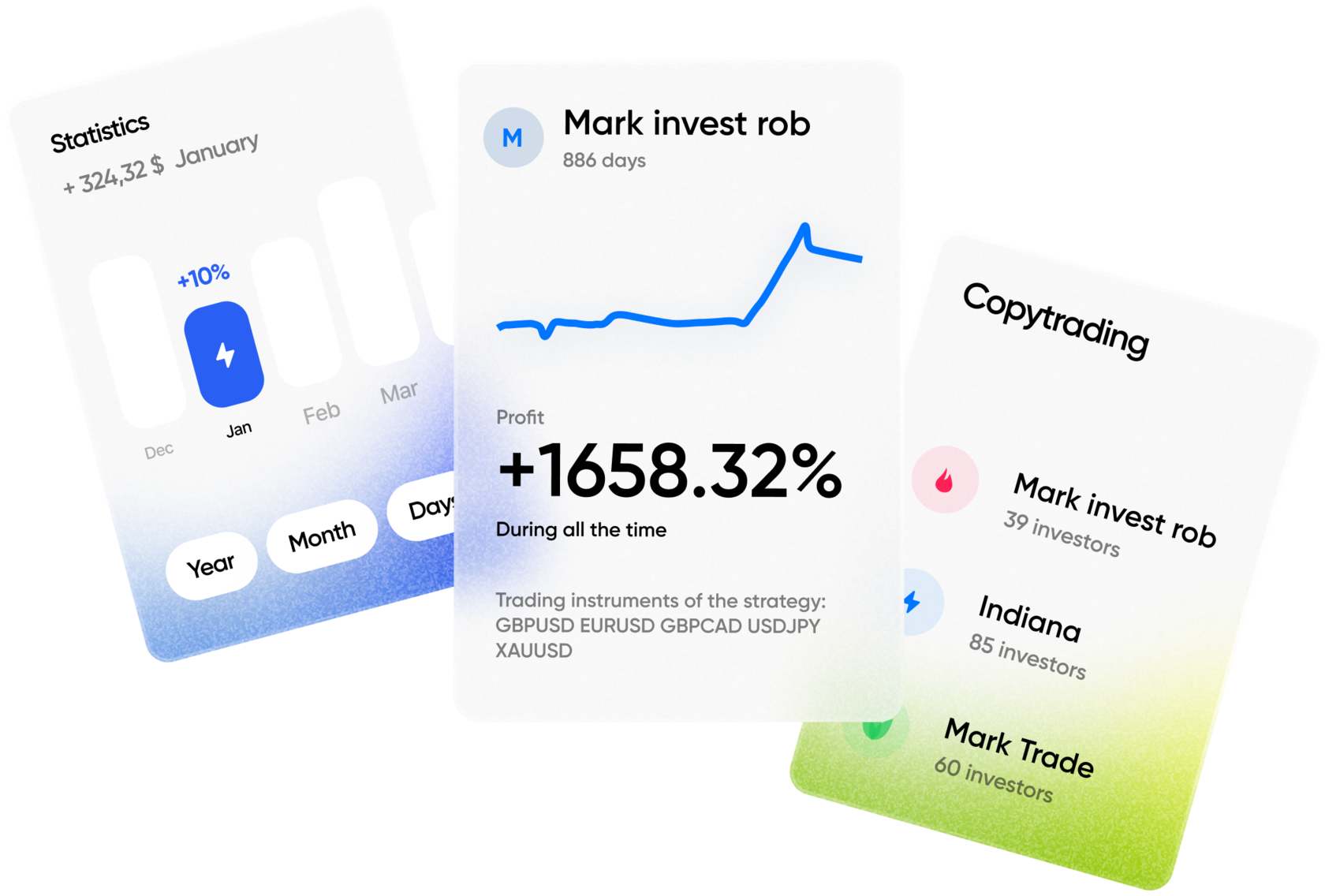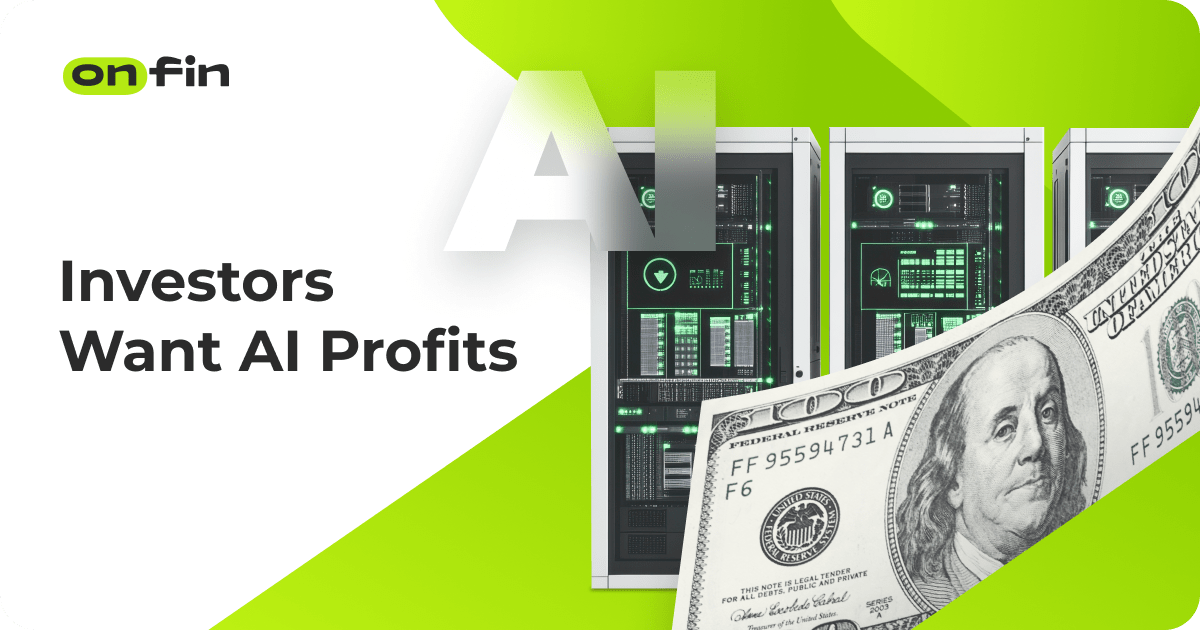European companies that have heavily invested in generative artificial intelligence are expected to deliver real results starting next year. These companies have spent large sums on AI development and integration. If they fail to show returns, they risk losing investor confidence. This was reported by Reuters on Wednesday.
Over the past few weeks, shares of AI-related companies have faced downward pressure. Stock prices declined as part of a broader market pullback. The sector has experienced increased volatility since January 2025.
In January, the release of an open-access Chinese AI model called DeepSeek led to significant sell-offs in the market. DeepSeek offered high-performance capabilities and gained attention in both China and abroad. The availability of powerful models at lower cost affected the competitive landscape.
Investors had previously backed companies involved in chip production and hardware development. Firms such as ASML, Infineon, and STMicroelectronics saw high trading volumes in late 2024. But interest in these firms has cooled somewhat in 2025.
Now, investors are focusing more on companies that are actively integrating AI into their operations. These include firms such as RELX, a data analytics company, and SAP, a major enterprise software provider. Both companies have reported increased AI adoption across internal systems and client offerings.
SAP has mentioned ongoing AI deployment in supply chain and customer relationship management software. RELX has integrated AI tools into its data processing and analytics platforms. Both companies are listed on major European exchanges and are tracked by institutional investors.
In contrast, chipmakers and hardware providers are under pressure to demonstrate that demand remains stable. Semiconductor stocks have experienced fluctuations. Capital expenditures in the chip sector remain high, adding pressure to profit margins.
According to analysts, investor interest is shifting. More funds are going toward companies with clear AI application strategies. Firms without a visible product pipeline or usage case for AI have seen reduced inflows. Venture capital funding for AI start-ups has also slowed slightly since January.
European Union regulators are also observing the AI sector closely. The EU AI Act, approved in early 2025, will come into force next year. Companies are preparing for new compliance rules, including transparency and risk assessments.
AI research labs in Europe continue to grow. Several universities and private firms have announced partnerships in the past quarter. Projects include multilingual AI training and healthcare-focused models.
Tech indices on European exchanges have been volatile in recent sessions. The STOXX Europe 600 Technology Index declined by 0.9% over the past five trading days. Daily price swings remain above average compared to late 2024.
Some AI-linked firms are expected to publish quarterly earnings in April. Investors will be looking for detailed breakdowns of AI spending and revenue impact. Company forecasts for the second half of 2025 will also be closely reviewed.
As of March 26, market watchers are waiting for further announcements. Several European companies have scheduled investor days and AI strategy briefings in April and May. These events are likely to influence stock movements.
Overall, investor sentiment toward AI remains positive but cautious. Shareholders are demanding greater visibility into monetization. Companies in the AI ecosystem now face pressure to convert innovation into measurable financial performance.







